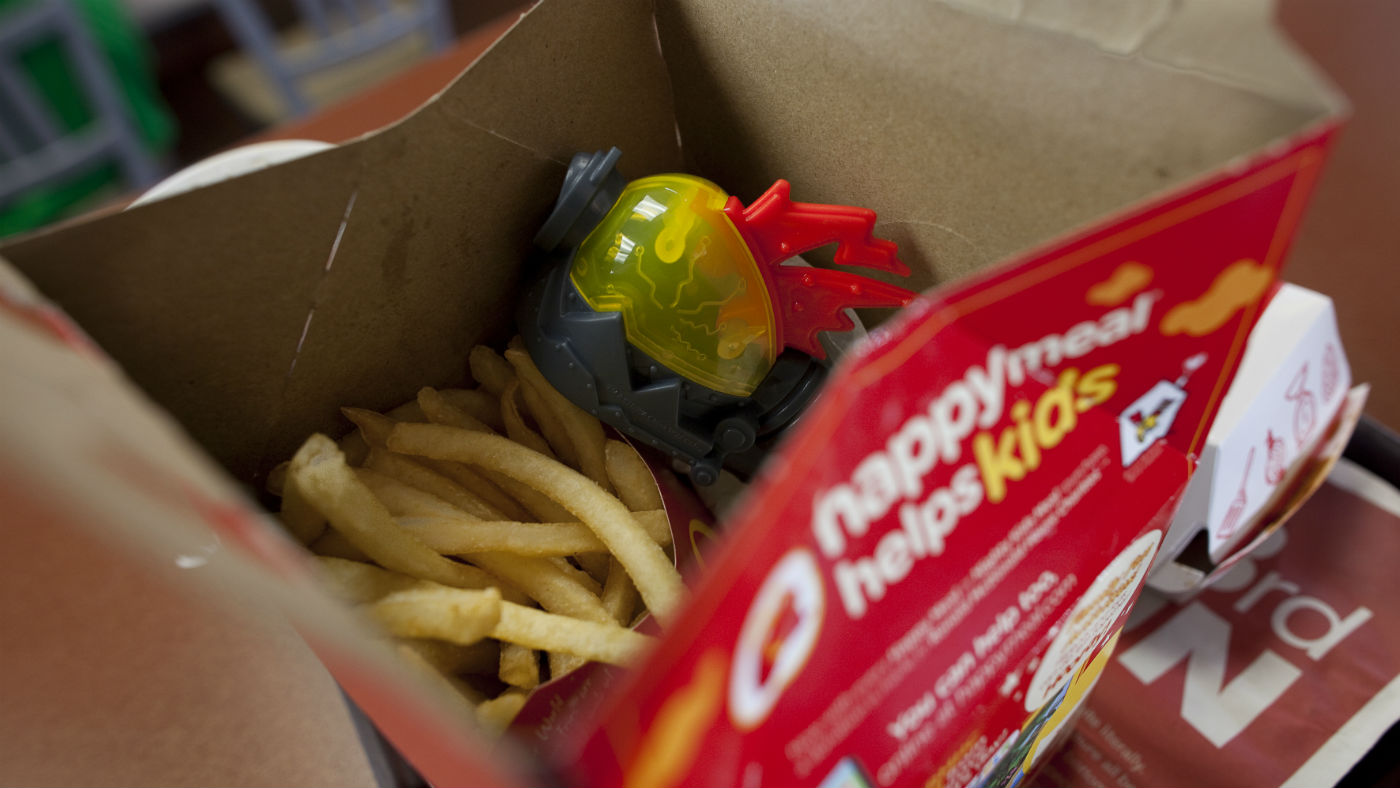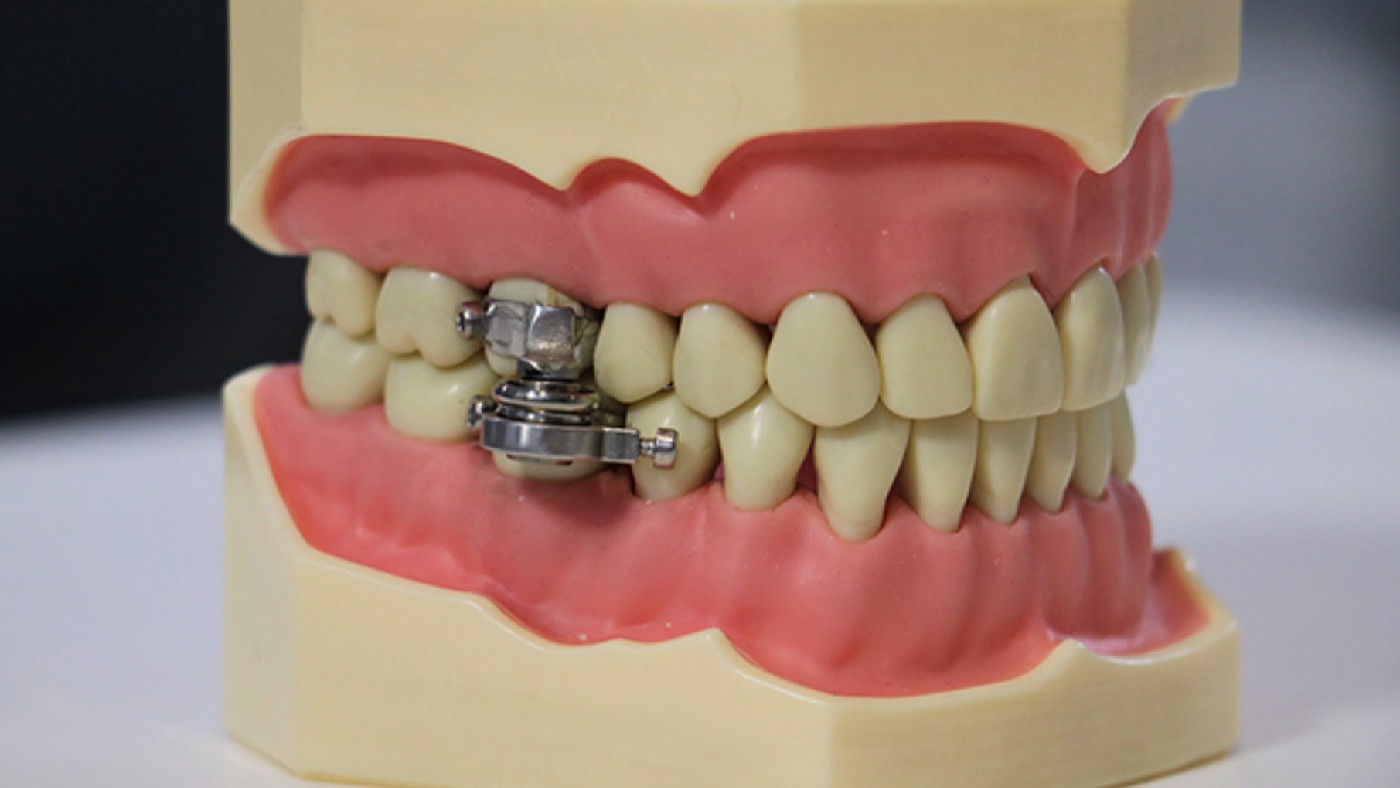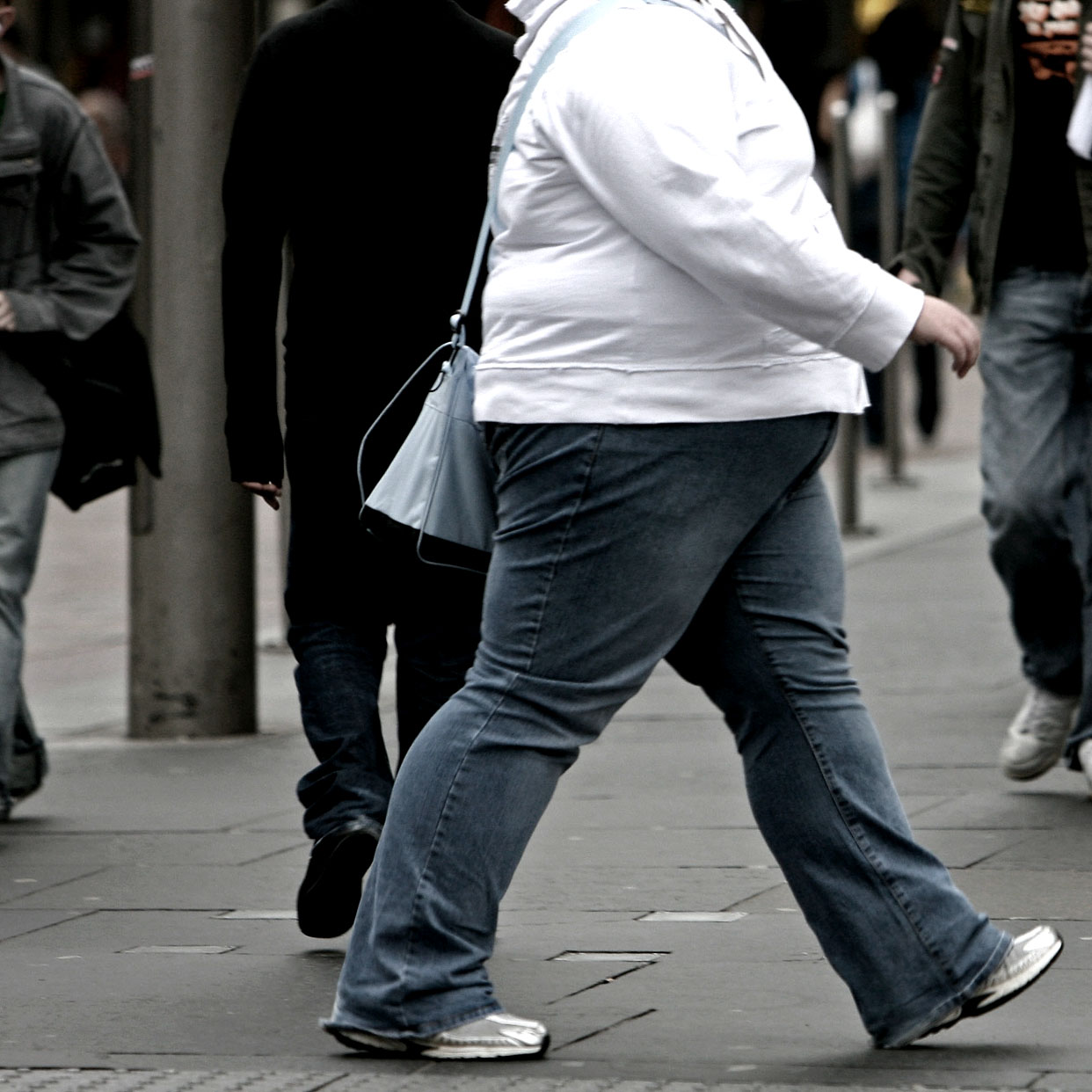Why McDonald’s Happy Meals are officially ‘healthy’
Fast-food children’s menu gets the green light from UK advertising watchdog

A free daily email with the biggest news stories of the day – and the best features from TheWeek.com
You are now subscribed
Your newsletter sign-up was successful
The UK’s advertising watchdog has ruled that McDonald’s Happy Meals do not count as a food product “high in fat, salt or sugar” (HFSS).
The Advertising Standards Agency made the ruling in response to a complaint that an ad for the fast-food restaurant’s kid’s menu shown between episodes of Peppa Pig breached UK advertising regulations aimed at cutting childhood obesity.
Since the new rules came into place in July last year, HFSS food and drink must not be promoted over any medium where more than 25% of its audience are likely to be under 16.
The Week
Escape your echo chamber. Get the facts behind the news, plus analysis from multiple perspectives.

Sign up for The Week's Free Newsletters
From our morning news briefing to a weekly Good News Newsletter, get the best of The Week delivered directly to your inbox.
From our morning news briefing to a weekly Good News Newsletter, get the best of The Week delivered directly to your inbox.
For instance, junk food ads cannot be broadcast on children’s TV shows or placed within 100 metres of a school.
In the case of the Happy Meal, specifically aimed at children, McDonald’s had little choice but to cut back on fat, sugar and salt.
In June, the fast-food chain added a grilled chicken wrap to its revamped Happy Meal menu, following a six-month consultation with users of parenting forum Mumsnet.
It is one of many changes to the formula, including the option to swap fries for a fruit bag or carrot sticks, as well as offering water, milk and fruit juice alongside fizzy drinks or milkshakes. The sugar content in drinks has been reduced, and fries are now served in a smaller portion than the restaurant’s standard “small” size.
A free daily email with the biggest news stories of the day – and the best features from TheWeek.com
“While customers can order products such as cheeseburgers, Coca-Cola and milkshakes with Happy Meals, McDonald’s does not feature them in its advertising,” says The Guardian.
In light of the revamped menu, the ASA concluded that the ad, which was shown on children’s television streaming service Ketchup TV in January, did not in fact break advertising rules.
“We noted that 80% of mains, 100% of sides and 64% of drink options available in the Happy Meal were non-HFSS products,” the watchdog said in its ruling. “We therefore considered that the Happy Meal was, overall, a non-HFSS product combination.”
However, the reasoning behind which ads can stay and which must go can be complex. An advertisement for Kellogg’s Coco Pops Granola was banned even though the product does not meet the definition of HFSS, because the ASA judged that the advert focused too heavily on the Coco Pops brand, primarily associated with its high-sugar cereal, The Independent reports.
-
 Local elections 2026: where are they and who is expected to win?
Local elections 2026: where are they and who is expected to win?The Explainer Labour is braced for heavy losses and U-turn on postponing some council elections hasn’t helped the party’s prospects
-
 6 of the world’s most accessible destinations
6 of the world’s most accessible destinationsThe Week Recommends Experience all of Berlin, Singapore and Sydney
-
 How the FCC’s ‘equal time’ rule works
How the FCC’s ‘equal time’ rule worksIn the Spotlight The law is at the heart of the Colbert-CBS conflict
-
 Tirzepatide and the other ‘breakthrough’ obesity drugs
Tirzepatide and the other ‘breakthrough’ obesity drugsfeature Huge demand for weight-loss medication means prices have soared
-
 The Week Unwrapped: Russian visas, Arab fattism and quiet quitting
The Week Unwrapped: Russian visas, Arab fattism and quiet quittingpodcast Is Finland an unwilling backdoor to Europe? Has fat-shaming reached the Middle East? And are young workers really slacking off?
-
 ‘The Tories will stick with the devil they know’
‘The Tories will stick with the devil they know’Instant Opinion Your digest of analysis from the British and international press
-
 The Week Unwrapped: Cuba, friendship and office dogs
The Week Unwrapped: Cuba, friendship and office dogspodcast What’s behind the latest Cuban protests? Can dating apps help us make friends? And should we welcome animals at work?
-
 The Week Unwrapped: Strict schools, swimming caps and the four-day week
The Week Unwrapped: Strict schools, swimming caps and the four-day weekpodcast Do more rules make for a better education? Is a ban on “Afro caps” a blow to sporting diversity? And will Covid boost calls for a four-day working week?
-
 The Week Unwrapped: Hazardous heat, nuclear fusion and divisive dieting
The Week Unwrapped: Hazardous heat, nuclear fusion and divisive dietingpodcast What does a Pakistani city hitting temperatures too hot for the human body tell us about climate change? Could a new nuclear project provide a breakthrough in clean energy? And is a ‘medieval’ dieting device really so controversial?
-
 Personal trainer refuses to work with ‘fat people’
Personal trainer refuses to work with ‘fat people’Speed Read And other stories from the stranger side of life
-
 Today’s front pages: local elections, London marathon and obesity warning
Today’s front pages: local elections, London marathon and obesity warningIn Depth A round up of the headlines from UK newspapers on 29 April